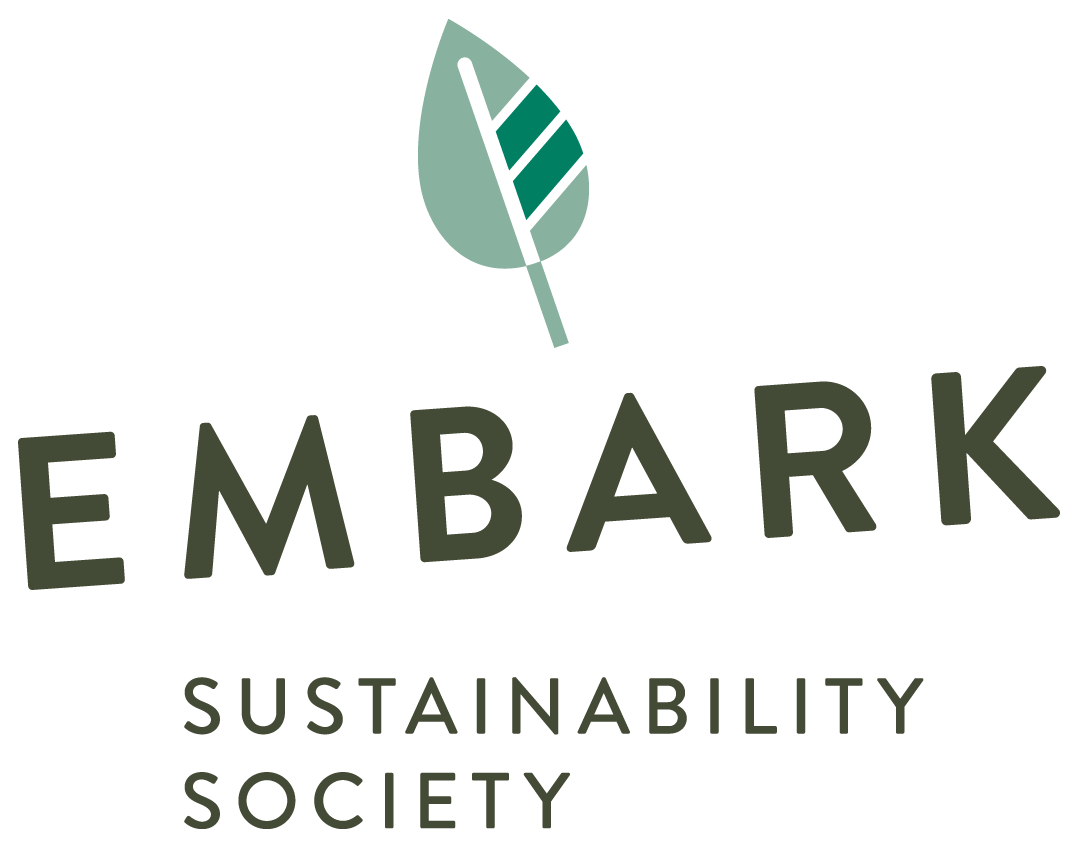Redirecting Grocery Store Food Waste
It’s a situation that all of us have found ourselves in – discovering food buried in the back of the fridge or pantry, looking at the expiration date, and guiltily tossing it away. One household alone can accumulate a fair amount of disposed of food over the course of a year, so just how much food winds up in landfills across the province? The simple answer – far too much. In BC, 28% of waste in landfills is comprised of organic product, despite an organics ban in Metro Vancouver.
So how can we reduce the amount of untouched food that ends up in landfills? One solution that has frequently been discussed in BC, and Canada-wide, is diverting the mass amounts of unsold food product from grocery stores. In March, a new province-wide program was implemented in Quebec, which directs unsold edible products from supermarkets to food banks – the first program of its kind in Canada. This creates a win-win situation – not only is the amount of food waste produced by grocery stores drastically reduced (upwards of 14 million kilograms of food per year!), but more people in need can be fed. Outside of Canada, France has outright banned the disposal of unsold food by supermarkets. Instead, such products must either be composted appropriately or be donated to food banks and charity organizations.
There has been vocal support for a similar type of program or ban in BC, particularly from food banks who are consistently in need of more food. However, the biggest hurdle that stands in the way of such an agreement being implemented is storage – food banks in BC simply do not have the money to create more refrigeration and storage space to keep more products, and as a result, have had to turn away much-needed donations. Foodbanks BC has expressed this concern to the Ministry of Finance, and has requested a grant to kickstart a partnership with grocery stores. With a grant from the province, not only would millions of kilograms of waste be kept out of landfills, but we would also see a reduction of thousands of tonnes of CO2 emissions, and of course, more individuals in need would be getting access to fresher and healthier food options.
With Quebec leading the way, let us hope that BC, and the rest of the country follows suit – while keeping all food waste out of landfills may not happen in the near future, a significant reduction is absolutely possible.
Sources:
http://www.cbc.ca/news/canada/british-columbia/organics-ban-update-metro-vancouver-2017-1.3957186
http://www.huffingtonpost.com/entry/france-supermarkets-food-waste_us_56b4ba4de4b04f9b57d93f53
